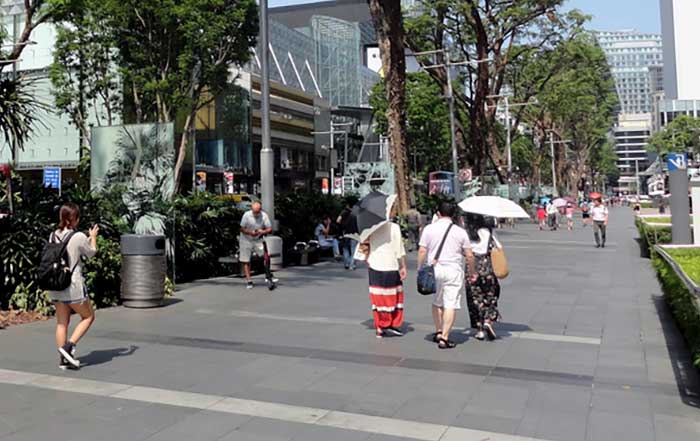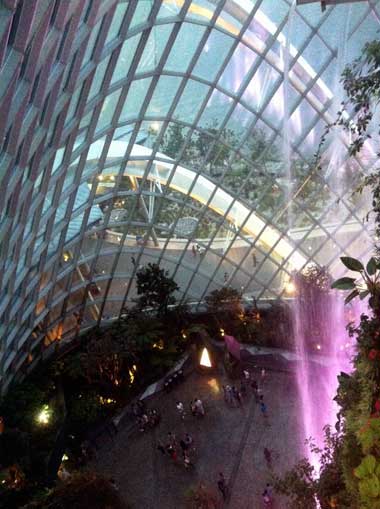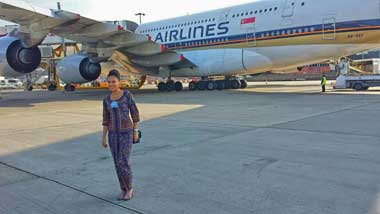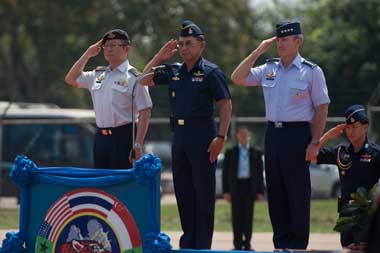“Recently I read about somebody who made a post on her blog poking fun at an older man who had a hole in his shirt. I think that is wrong because an old or torn shirt does not mean he deserves less respect…. These are not essential to who you are, what you stand for, what people should think of you. It has to manifest in the way we interact with one another. “
Lee Hsien Loong is the Prime Minister of Singapore. Here he discusses how important it is for Singaporeans not to look down on those who have less, materially, even though the economy is booming and business is good.
“When society's brightest and most able think that they made good because they are inherently superior and entitled to their success; when they do not credit their good fortune also to birth and circumstance; when economic inequality gives rise to social immobility and a growing social distance between the winners of meritocracy and the masses; and when the winners seek to cement their membership of a social class that is distinct from, exclusive, and not representative of Singapore society – that is elitism.”
Goh Chok Tong was the Prime Minister of Singapore between 1990 and 2004.
“Never forget we're servants of the people, not their masters. Always maintain a sense of humility and service. Never lord it over the people we're looking after and serving. Be as strict with ourselves as we are with others.”
Lee Hsien Loong again, this time describing how Singaporean's see the role of politicians.
“In the early pioneering days, we do first and talk later. Today some of us talk first and don't do.”
Ngiam Tong Dow was once one of Singapore's most important and influential civil servants. Now he is one of the country's most outspoken opinion formers, often voicing strong dissenting ideas.
“While Singaporeans are fully aware of potential trade-offs in policy, we should also be on guard against viewing trade-offs only from the Government's perspective….. It seems to me that more often than not, the policy trade-off was biased against the people, especially those who are adversely affected.”
Low Thia Khiang was the opposition leader in 2011 when he made this criticism of certain policies.
“The most important thing is that you have to respect an individual, whether he's got six Cs or six As and whether he's a brain surgeon or a dustman. I think we should give him the same respect. If you don't give respect to your own citizens, I think you condemn them forever.”
Chiam See Tong was another opposition leader, here he re-iterates Lee Hsien Loong's earlier point about the importance of respecting all the state's citizens regardless of their wealth or status.




